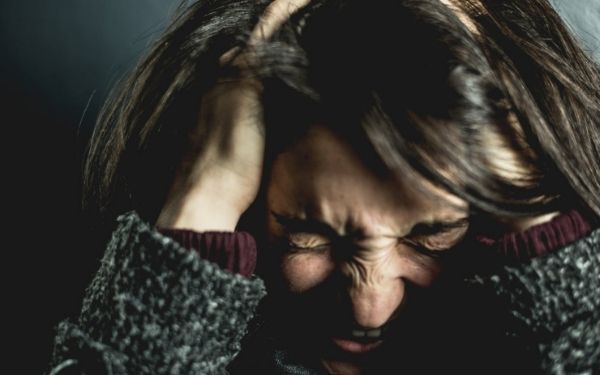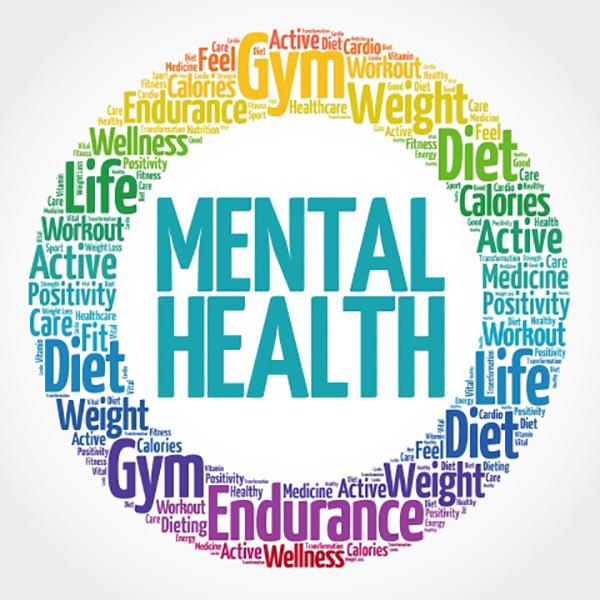Anger is a normal emotion that every individual experiences. However, it may be an unwanted negative feeling in most situations. Anger management describes the skills that need to recognize your anger and to take steps to deal with your anger positively. Thus, it does not mean to internalize your anger or to suppress your anger.it means recognizing the triggers of anger and finding a more appropriate way to express our feelings.
Multiple questions come to mind when we are talking about anger. Why do we or anyone become angry? Is angry healthy? What are the myths about anger? How do we cope with anger?
Warning Signs for Anger Management
When you start to get angry, your body sends you a warning sign. It is important to pay attention to these signs. So, you know when to start using anger management. Warning signs may include:
- Star to feel dizzy
- Sweating
- Feeling chest tightness
- Crying like feeling
- Headache
- Body becomes hot
- Bodily shivering
- Breathing difficulty
- Rapid heartbeat
- Fist tightness/contraction
What Are The Skills For Anger Management?
There can be some anger management skills. Some of them are:
· Recognize your anger
It’s probably too late if you are calling out. Besides, you need to learn the alarming signs that you are getting angry about changing the situation quickly. Some common signs include feeling hot, raising voices, rolling of fists, shaking, and arguing.
· Take time out
When you are getting angry, should temporarily leave the situation that is provoking you to become angry.in case, other people are involved, and explain to them that you need some time alone to be calm. In short, the problem does not usually resolve when one or more people are angry
· Deep breathing
For becoming relax, take a deep breath. Start counting your dreams. Steps include Four seconds of inhaling. Four seconds holding you are breathing and four seconds for exhaling. Recalling keep track of time. Besides, counting helps take your mind off the situation as well which helps you to become relaxed.
· Do exercise
Exercise is the best way for keeping yourself healthy. Besides, it serves as an emotional release. During exercise, chemicals release in your brain which creates a sense of relaxation and happiness.
· Express your anger
Anger management doesn’t mean you can’t express your anger. Once you calm down, express your anger. Try to be assertive during anger expression and not be excessively aggressive. The purpose of expressing anger is that it helps you to avoid the same problem in the future. Also, gave exposure to deal with such type of situations.
· Be aware of the consequences
Should beware of the outcomes of your next anger-fueled action. If arguing to convince that you are right. Along with, recognize yourself that you will be happier after the fight. These are some of the necessities that you should keep in your mind while you getting angry.
· Visualization
Visualization is a technique which is used for relaxing purpose. Image any relaxing experience. Think of every sense like feel, hear, smell, see, and taste. The situation can be any of your favorite which makes you happy whenever you are thinking about. Spend a few minutes for imaging the detail of the situation of your relaxing scene.
How You Can Measure Your Anger?
For purposeful anger management, you should know the level of your anger. It can only happen with the help of an anger meter. The anger meter is a simple scaling tool that you can use to monitor your anger. According to this scale anger can be divided into five stages includes:
· Explosive stage
In this stage, you lose your cool and can no longer control yourself. You showing anger by hitting others or by throwing things. The purpose behind such destructive behavior is, you want to cause harm to the person who makes you angry.
· Angry stage
In this stage, you become mad and can’t able to think rationally. You start getting experience to arrange of emotions. Feel violated in some way. You are coming close to saying or doing something you regret.
· Frustrated stage
In this, you are upset about something, and even though you are trying to let go. You can’t stop thinking and even talking about the situation. Besides, you feel to need a break.
· Mildly irritated stage
It sometimes happens and bothers you a little. It’s not too much of a problem. So, you can let it go and move on easily.
· Calm stage
At this stage, things are going to settle and nothing is bothering you.
How does Mindfulness help In Anger Management?
The general practice of mindfulness is the beginning of exploring the energy of anger. No doubt, it’s difficult to deal with anger once it has boomed. That why meditation practice also helps us in practicing anger management skills. We can grip the anger at an earlier stage, by decline and strain our observational powers before it has a chance to fully overtake us.
- Siting Calmly
The practice of sitting calm, inhaling naturally, and observing mindfully at one’s experience is in and of itself a cure to anger. This is true because anger and other similar outbursts bloom on being unseen. With the help of meditation, we learn to know about our feelings and beware of our mood swings. There is a need to do informal mindfulness exercises as the more we can do that, the less anger iron grip we will be. Similarly, it increases the chance that makes us able to transform our relationships to anger during our daily routine as well.
Conclusion
In conclusion, anger is a normal human emotion that is crucial for an individual’s growth. When you handle your anger appropriately by using anger management skills and expressed assertively than anger is a positive creative force that leads to problem-solving and productive changes.
We can take advantage of our anger by channelizing it productively in doing healthy activates like exercise, house cleaning, etc. Excessive and uncontrollable anger is destructive. When you channelize your anger inappropriately and expressed as verbal aggression or physical aggression, anger is destructive and potentially life-threatening force.
















0 Comments